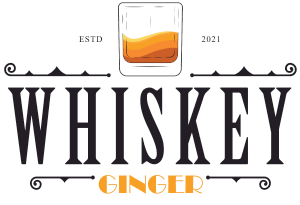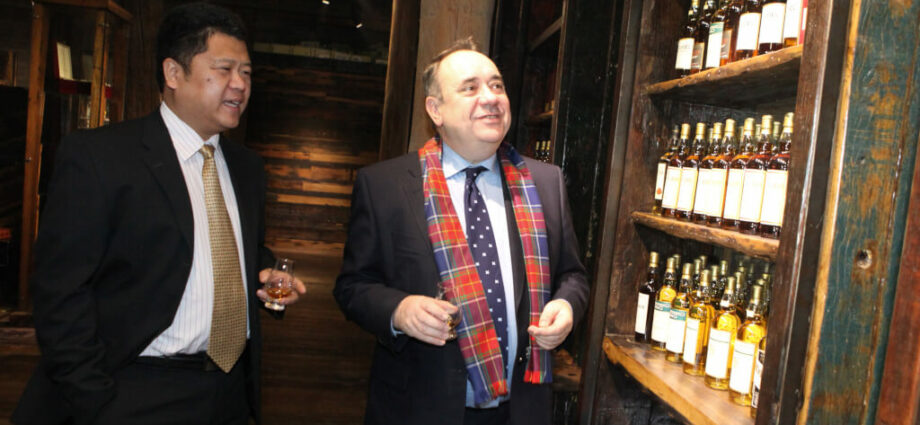The 23-year-old Kentucky Straight Bourbon Whisky from the Pappy Van Winkle Family Reserve set a new auction record at Sotheby’s. The price increase from the initial estimate of $3,000 to the final sale price of $52,500 shocked everyone. This article provides an in-depth look at this incredible occurrence.
A Lineage That Is Both Rare and Extraordinary
Pappy Van Winkle is a name that conjures up images of sophistication, exclusivity, and perfection in the world of whiskies. This brand was established by Julian “Pappy” Van Winkle and is famous for its premium bourbon and extensive aging procedure.
The 23-year-old Family Reserve is the peak of this brand’s bourbon because of the extraordinary flavor brought out by its extended aging. Aesthetically pleasing and delicious all the way through with a smooth, silky consistency; of the highest quality. Due to strict quantity controls, every bottle is highly sought after.
Expert Opinions
When asked about the 23-year-old Family Reserve, whisky expert and critic James O’Neil said, “It’s an adventure, not simply a drink.” Carefully balancing flavors and the way they develop on the tongue is an art form that few have mastered.
Offers and Bids at Ridiculously Inflated Prices
The Pappy Van Winkle Family Reserve 23-year-old received the most attention, but it ultimately came out on top. The following also saw extraordinary sales:
- A bottle of Pappy Van Winkle rum costs $15.
- Twenty-year-old sells for $27,500; $396,250 total at Van Winkle auction.
- These results put Pappy Van Winkle’s legend on solid ground and set a new standard for auctions.
Bourbon Is the Centre of Attention Abroad
The high prices at auction show a growing demand around the world for vintage bourbons like the 38-year-old Bowmore Bourbon Cask, 78-year-old The Macallan The Red Collection, and 55-year-old The Yamazaki.
After this, the world’s opinion of bourbon will change forever,” said whisky auctioneer Harold Greene. Its fame is no longer confined to its original locale; rather, it is a globally sought-after item.
Buying a Case of Bourbon
Over 17 times its pre-sale estimate, the sale of the Pappy Van Winkle Family Reserve at auction sent a strong message about the potential of bourbon as a rewarding investment. More than just a single evening at Sotheby’s, this illustrates a broader change in the economic world towards nontraditional assets.
An Easily Convertible Asset
Gold and stock market investments are two examples of more traditional commodity investments. However, the current economic climate and the rising demand for rare collectibles have created opportunities for alternative investments. Bourbon, with its long tradition, unique flavor, and scarcity, has become a valuable commodity that may be used for both pleasure and financial gain.
When Scarcity Meets Want
The Pappy Van Winkle auction is only the latest example of a growing phenomenon in which limited supply is met with voracious demand. The superb bourbon in restricted supply continues to soar in price as more and more collectors compete for bottles. Because of its scarcity and high demand, it represents a promising investment opportunity.
One Man’s Obsession, Another Man’s Investment Strategy
The love of Bourbon and respect for its artisanal process are at the heart of any successful venture. Collectors’ hunger for one-of-a-kind bottles has unintentionally created a promising business prospect. When investors and collectors share a common vision, the market is driven by enthusiasm, and both parties benefit.
Recognizing the Dangers
The bourbon investing market is volatile, just like any other market. The market, consumer preferences, new laws, and even storage and authenticity concerns can all have an impact on its investment value. Investment values may be affected, for instance, if regulations regulating the distribution and sale of alcoholic beverages are altered. The bourbon’s quality is essential to its future value, thus it’s important to store it the right way. Successful investment planning can begin with a thorough examination of these dangers and the implementation of measures to reduce them.
Expanding Bourbon Sales Around the World
Although bourbon has become a symbol of America, it has gained popularity around the world. Bourbon is no longer just a national treasure; with increasing demand from elsewhere, it has become an international commodity. As the market expands internationally, international collectors and investors increase its potential as an investment.
Crossroads of Developments
Alternative asset trading and investment opportunities have grown in the digital age. Investors now have easier access to the bourbon market thanks to online marketplaces for rare liquors. These sites are more than just advertising vehicles; they also provide a wealth of useful data, analysis, and trends for investors of all levels of expertise.
Adding a Human Element
Bourbon investment is a multi-sensory adventure, not just a financial one. Bourbon offers a tactile link to the asset, from the attractive form of the bottle to the pleasing perfume and nuanced flavor. The emotional attachment that results from this personal connection is uncommon in more conventional forms of investment.
Value Growth in the Secondary Market
The market’s vitality is bolstered by the success of other rare whiskies:
- Increasing interest from international collectors
- Increased recognition of bourbon’s uniqueness and excellence
Financial expert Catherine Lewis offered some advice, ” The success of the Sotheby’s auction shows more than just a fad in the market. Investing in rare and expensive bottles of bourbon is becoming more than just a hobby for some.”
The record-breaking sales of the Pappy Van Winkle whisky at Sotheby’s auction have sparked a discussion that goes much beyond the numbers and the hammers. It’s a new era in which the nuanced art of whisky tasting meets the cold hard reality of finance, when ardor meets gain and scarcity meets demand around the world.
The tremendous demand for Pappy Van Winkle bottles has shown an environment that is both fertile with opportunity and steeped in history in a world where conventional assets are abundant. The celebration has not only highlighted bourbon’s classy qualities but also its practical use as a haven investment.
Collectors’ enthusiasm and investors’ foresight have helped build a market niche in which continuity with the past complements bold new directions in the present. The impact of this sale can be felt not only in the whisky cellars of collectors and investors, but also in whisky production facilities, laws, and even whisky culture. The sophistication of traditional workmanship has been validated by contemporary financial techniques, increasing the value of bourbon around the world.
The Sotheby’s sale will be recognised as a watershed moment in the history of whisky, marking the intersection of art and commerce, tradition and modernity. It’s proof of the enduring appeal of whisky and the financial savvy of people who know how to appreciate it for what it is.

